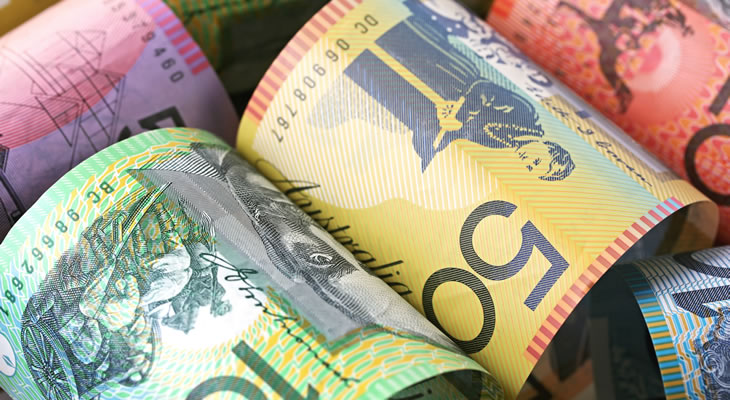The Pound Sterling to Australian Dollar (GBP/AUD) exchange rate softened on Tuesday as UK political uncertainty countered some of the negativity for the Aussie following the release of Reserve Bank of Australia (RBA) policy meeting minutes.
The Pound Sterling to Australian Dollar (GBP/AUD) exchange touched a session low of 1.9260
Early in the session, the Australian Dollar softened against the majority of its most traded peers as the RBA minutes showed that policy makers were open to making more interest rate cuts over the coming months. Against the US Dollar (USD), the ‘Aussie’ was holding at its lowest level in six years.
The RBA maintained its cash rate at 2.25% in March, a move that took economists by surprise as they had been forecasting for another rate cut to follow February’s 25 basis point reduction.
‘The bank judged it appropriate to hold the cash rate steady for the time being, while recognising that further easing over the period ahead may be appropriate to foster sustainable growth in demand while maintaining inflation consistent with the target,’ the minutes said.
Economists forecast that RBA will rate hikes next month.
‘As we’ve highlighted previously, history shows that the bank uses this language just prior to changing the cash rate. Over the past six years, they have used the phrase ‘time being’ five times, and in each case the bank has moved the cash rate the following month,’ said Felicity Emmett, the co-head of Australian economics at ANZ.
As the session progressed the Australian Dollar received support from data out of China, which showed that foreign direct investment into the world,’s second largest economy increased by 17% last month. Growth was slower than the preceding month’s figure of 24% but it did take the amount to a new record high.
The Pound Sterling meanwhile was weakened by concerns over the outcome of May’s general election. With the result of the vote, unclear economists are becoming increasingly worried over its impact on the British economy.
A survey carried out by Bloomberg showed that 48% of economists are now listing political uncertainty as the biggest threat to the UK’s economic recovery.
Wednesday will see the publication of the latest UK unemployment and average earnings data as well as Chancellor George Osborne delivering his budget. Polls are suggesting that neither Labour nor the Conservatives will win a majority on May 7.

